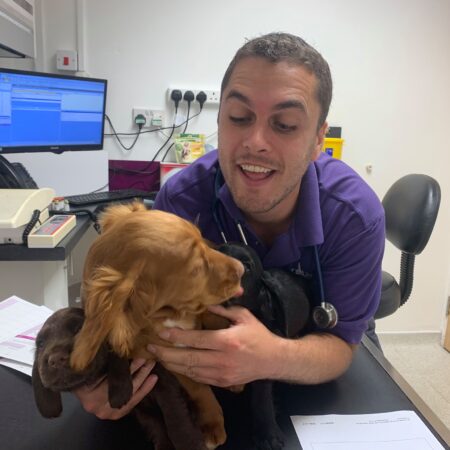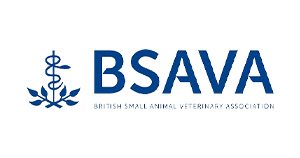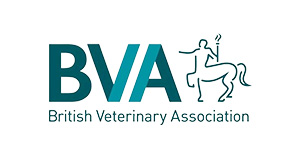Dog Theft on the Rise During Pandemic: How to Protect Your Canine Companion
Published on: Oct 24, 2021
Coinciding with the COVID lockdowns have been a spate of dog thefts across the nation, meaning a relatively bad year for the public’s anxiety has got worse amongst dog owners. If pet owners were not already aware of the need to keep their canine companion’s safe pre-COVID, various reports in the news and social media should have got the message across during this latest lockdown. The two situations do not seem to be a coincidence – the desperate need for money amongst criminals and the rising prices of puppies due to demand appear to have created a ‘perfect storm’ for dog theft, with numbers on the rise.
It was a year ago that the demand for puppies skyrocketed as the public suddenly developed a large amount of free time on their hands and the desire to obtain a fluffy new member of their family to stave away the boredom at home. The cost of some breeds reached the heights of never before, with many pups starting to fetch upwards of £3000, especially concerning bulldog breeds and designer crosses such as cockerpoos. A new puppy suddenly became all the more desirable a target for the criminals. Not only that, but female, non-neutered bitches would be a huge ‘cash cow’ and generate an even larger possibility of illegal funds – if a bitch could be bred from to produce a litter of 10, and could (at least in theory) have 2 litters in 18 months, the figures became astronomical and too much of a lure for some thieves.
Straight away, the acts of neutering and especially microchipping show their importance here. Fortunately, it is now a legal obligation for an owner to have their dog microchipped. This can be a huge deterrent for thieves, as when trying to sell a dog on they should be quickly found out and the animal reunited. However, if stolen before the breeder has managed to microchip the litter (usually at 6 weeks but at least by 8 weeks old) this is where it can get difficult, and an unsuspecting member of the public can end up purchasing stolen property and line criminals’ pockets. Not only do dogs need to be microchipped, just as importantly they need to be registered and kept up to date with contact details via the microchip company’s website or phone line, otherwise they effectively become redundant. It can be so frustrating to scan a stray dog for a microchip, encounter relief on finding such a chip, only then to find there are no ways available to contact the original owner.
As well as adhering to the law and keeping up to date, basic common-sense measures need to be the bare minimum for keeping your dog safe – too many of those reported stolen were taken after being left tied outside of shops or in unsecured outhouses or gardens with owners nowhere to be found. A lost or presumed stolen dog needs to be reported to the local vets, rescue centres and dog wardens as soon as possible, as well as being entered onto an online list at www.doglost.co.uk. The microchip company should be contacted, because if presented to a new vet practice, the stolen dog should always have their microchip checked by a vet or nurse.
Obviously if there is a high suspicion of theft, this needs to be reported to the police immediately, but sometimes dogs can just simply run off – in this case it is best to stay at the ‘lost site’ as dogs will often double back to where they originated from, as well as asking friends to be helpers to search, and ideally the use of dedicated volunteers such as Search and Scan Somerset. Rural outhouses and hedge linings are best to be checked first, as they provide security for an often-worried lost dog. The experience of ‘dog trackers’ can be invaluable here, knowing where, and how to check – if not already anxious, away from home a lost dog is likely to panic, so a chase from a group of loud inexperienced people is not likely to be successful.
Social media can be so important here – photos of lost dogs can easily and quickly be shared far and wide amongst community groups, leading to a quick reunion. But with a suspicion of a stolen dog, they can be made ‘hot to handle’ by circulating their photos enough and informing all local veterinary practices. Even if all these measures are taken, dog tracking collars are available which could provide extra security and reassurance – GPS linking to your dog can deter thieves and prevent a temporarily lost dog from becoming a truly missing one.
Hopefully a worst-case scenario such as this never happens, but making sure a heart-breaking nightmare doesn’t become reality by following simple steps can be priceless to preserve that special dog and owner bond for life.
dog theft | dog theft prevention | microchipping dogs | lost dog | stolen dog | DogLost.co.uk | Search and Scan Somerset | dog tracking collar |
Caring for your pet as we do our own

At Shepton and Wells Vets, we understand what your pets mean to you, and so our Pets team aim to care for each and every one of them as we would do our own.
We care about your pet
Our primary focus is keeping them fit, happy and healthy with comprehensive and effective preventative healthcare, advice and treatment.
We care about you
We aim to communicate clearly and honestly with you, and discuss different treatment options so that you can make the right informed choices for you and your pet.
We care about clinical excellence
We take pride in providing a high level of medical and surgical care, working together as a team to do the very best we can for your pet.











